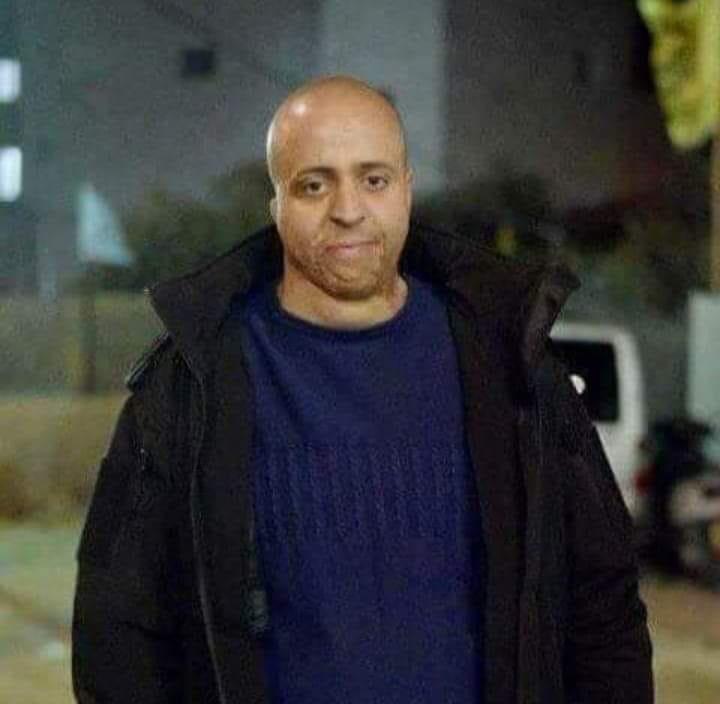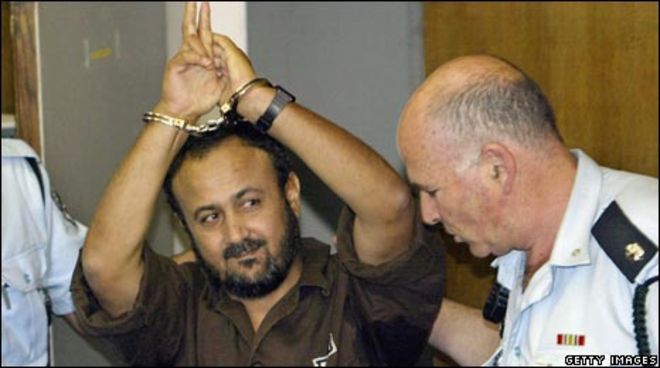Tag: Prisoner Hunger Strike
-
Huzaifa Bader: Fighting for justice; fighting for his life
July 25 2019 | International Solidarity Movement | Abu Dis, Occupied Palestine On the morning of the 25th of July Huzaifa Bader, 27, was rushed to Ramleh Prison Hospital in the occupied West Bank after he had been on hunger strike for 25 days. With his health deteriorating and with no sign of progress in…
-
Photo story: Prisoner solidarity protest in village of Bil’in
13th June 2014 | International Solidarity Movement, Ramallah team | Bil’in, Occupied Palestine Today, Bil’in held its weekly protest in solidarity with the Palestinian prisoners on hunger strike. As part of the protest, and in support of the current situation in Brazil, due to the football world cup, some of the protesters dressed as prisoners and…



